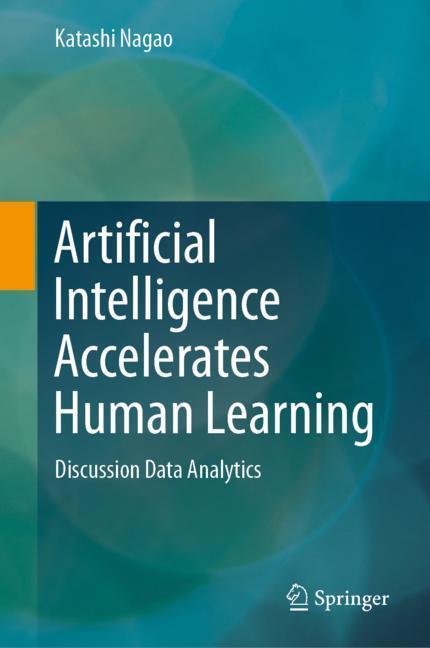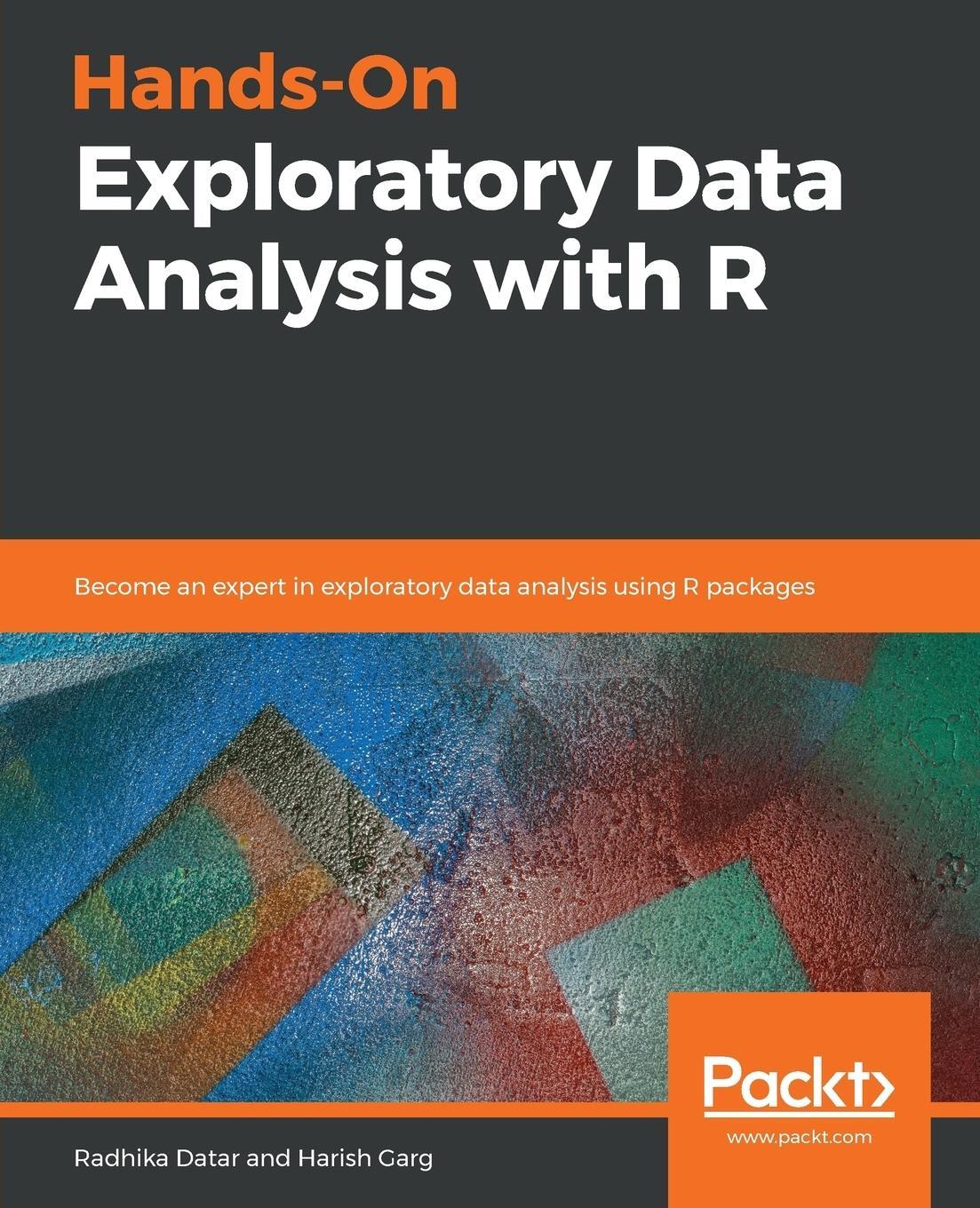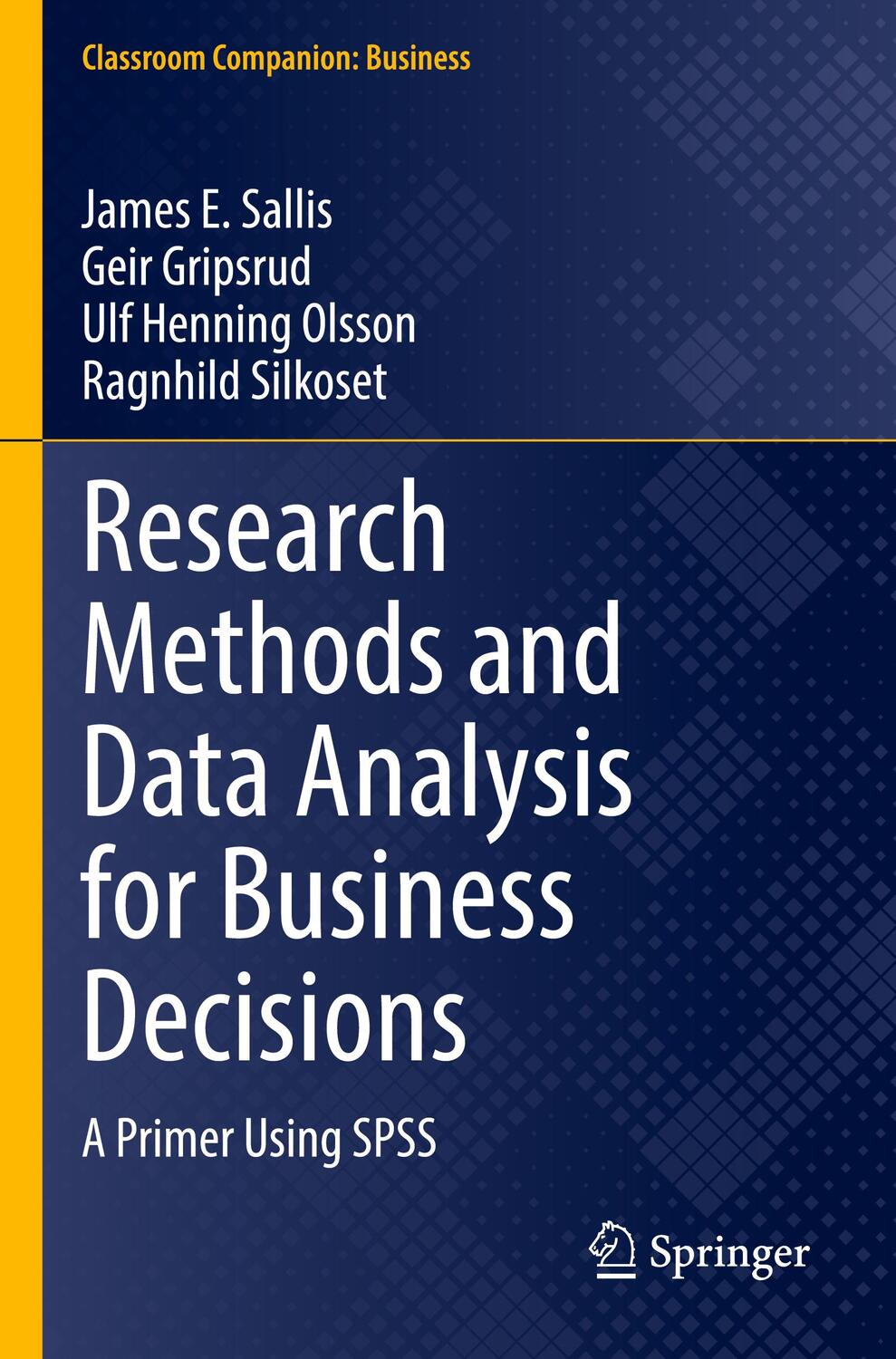149,79 €*
Versandkostenfrei per Post / DHL
Aktuell nicht verfügbar
The book is divided into six chapters, the first of which provides an overview of AI research and practice in education. In turn, Chapter 2 describes a mechanism for applying data analytics to student discussions and utilizing the results for knowledge creation activities such as research. Based on discussion data analytics, Chapter 3 describes a creative activity support system that effectively utilizes the analytical results of the discussion for subsequent activities. Chapter 4 discusses the incorporation of a gamification method to evaluate and improve discussion skills while maintaining the motivation to participate in the discussion.
Chapters 5 and 6 describe an advanced learning environment for honing students¿ discussion and presentation skills. Two important systems proposed here are a presentation training system using virtual reality technologies, and an interactive presentation/discussion training system using a humanoid robot. In the former, the virtual space is constructed by measuring the three-dimensional shape of the actual auditorium, presentations are performed in the same way as in the real world, and the AI as audience automatically evaluates the presentation and provides feedback. In the latter, a humanoid robot makes some remarks on and asks questions about students¿ presentations, and the students practice responding to it.
The book is divided into six chapters, the first of which provides an overview of AI research and practice in education. In turn, Chapter 2 describes a mechanism for applying data analytics to student discussions and utilizing the results for knowledge creation activities such as research. Based on discussion data analytics, Chapter 3 describes a creative activity support system that effectively utilizes the analytical results of the discussion for subsequent activities. Chapter 4 discusses the incorporation of a gamification method to evaluate and improve discussion skills while maintaining the motivation to participate in the discussion.
Chapters 5 and 6 describe an advanced learning environment for honing students¿ discussion and presentation skills. Two important systems proposed here are a presentation training system using virtual reality technologies, and an interactive presentation/discussion training system using a humanoid robot. In the former, the virtual space is constructed by measuring the three-dimensional shape of the actual auditorium, presentations are performed in the same way as in the real world, and the AI as audience automatically evaluates the presentation and provides feedback. In the latter, a humanoid robot makes some remarks on and asks questions about students¿ presentations, and the students practice responding to it.
Katashi Nagao received his B.E., M.E., and Ph.D. in Computer Science from Tokyo Institute of Technology in 1985, 1987 and 1994, respectively. Since 1987, he has been researching natural language processing and machine translation systems at IBM Research, Tokyo Research Laboratory. In 1991, he began conducting research projects on natural language dialogue, multiagent systems, and human-computer interaction at Sony Computer Science Laboratories, Inc. From 1996 to 1997, he was a visiting scientist at the Beckman Institute for Advanced Science and Technology, University of Illinois at Urbana-Champaign. He rejoined IBM's Tokyo Research Laboratory and launched the Semantic Transcoding Project in 1999. He joined Nagoya University as an associate professor at the Graduate School of Engineering in 2001. Since 2002, he has been researching artificial intelligence and computer-assisted education as a professor at the Graduate School of Information Science, Nagoya University. Currently, he isconducting research on building-scale VR that extends the daily living space by incorporating the real-world environment entirely into the virtual world, as well as research on smart personal vehicles for the elderly.
Describes case studies involving evidence-based education systems
Details the applications of data analytics, natural language processing and gamification to discussion skills training
Presents long-term research findings on discussion mining and an advanced meeting support system
| Erscheinungsjahr: | 2019 |
|---|---|
| Fachbereich: | EDV |
| Genre: | Informatik |
| Rubrik: | Naturwissenschaften & Technik |
| Thema: | Lexika |
| Medium: | Buch |
| Seiten: | 164 |
| Inhalt: |
xi
151 S. 14 s/w Illustr. 76 farbige Illustr. 151 p. 90 illus. 76 illus. in color. |
| ISBN-13: | 9789811361746 |
| ISBN-10: | 9811361746 |
| Sprache: | Englisch |
| Herstellernummer: | 978-981-13-6174-6 |
| Ausstattung / Beilage: | HC runder Rücken kaschiert |
| Einband: | Gebunden |
| Autor: | Nagao, Katashi |
| Auflage: | 1st ed. 2019 |
| Hersteller: |
Springer Singapore
Springer Nature Singapore |
| Maße: | 241 x 160 x 15 mm |
| Von/Mit: | Katashi Nagao |
| Erscheinungsdatum: | 18.02.2019 |
| Gewicht: | 0,418 kg |
Katashi Nagao received his B.E., M.E., and Ph.D. in Computer Science from Tokyo Institute of Technology in 1985, 1987 and 1994, respectively. Since 1987, he has been researching natural language processing and machine translation systems at IBM Research, Tokyo Research Laboratory. In 1991, he began conducting research projects on natural language dialogue, multiagent systems, and human-computer interaction at Sony Computer Science Laboratories, Inc. From 1996 to 1997, he was a visiting scientist at the Beckman Institute for Advanced Science and Technology, University of Illinois at Urbana-Champaign. He rejoined IBM's Tokyo Research Laboratory and launched the Semantic Transcoding Project in 1999. He joined Nagoya University as an associate professor at the Graduate School of Engineering in 2001. Since 2002, he has been researching artificial intelligence and computer-assisted education as a professor at the Graduate School of Information Science, Nagoya University. Currently, he isconducting research on building-scale VR that extends the daily living space by incorporating the real-world environment entirely into the virtual world, as well as research on smart personal vehicles for the elderly.
Describes case studies involving evidence-based education systems
Details the applications of data analytics, natural language processing and gamification to discussion skills training
Presents long-term research findings on discussion mining and an advanced meeting support system
| Erscheinungsjahr: | 2019 |
|---|---|
| Fachbereich: | EDV |
| Genre: | Informatik |
| Rubrik: | Naturwissenschaften & Technik |
| Thema: | Lexika |
| Medium: | Buch |
| Seiten: | 164 |
| Inhalt: |
xi
151 S. 14 s/w Illustr. 76 farbige Illustr. 151 p. 90 illus. 76 illus. in color. |
| ISBN-13: | 9789811361746 |
| ISBN-10: | 9811361746 |
| Sprache: | Englisch |
| Herstellernummer: | 978-981-13-6174-6 |
| Ausstattung / Beilage: | HC runder Rücken kaschiert |
| Einband: | Gebunden |
| Autor: | Nagao, Katashi |
| Auflage: | 1st ed. 2019 |
| Hersteller: |
Springer Singapore
Springer Nature Singapore |
| Maße: | 241 x 160 x 15 mm |
| Von/Mit: | Katashi Nagao |
| Erscheinungsdatum: | 18.02.2019 |
| Gewicht: | 0,418 kg |












